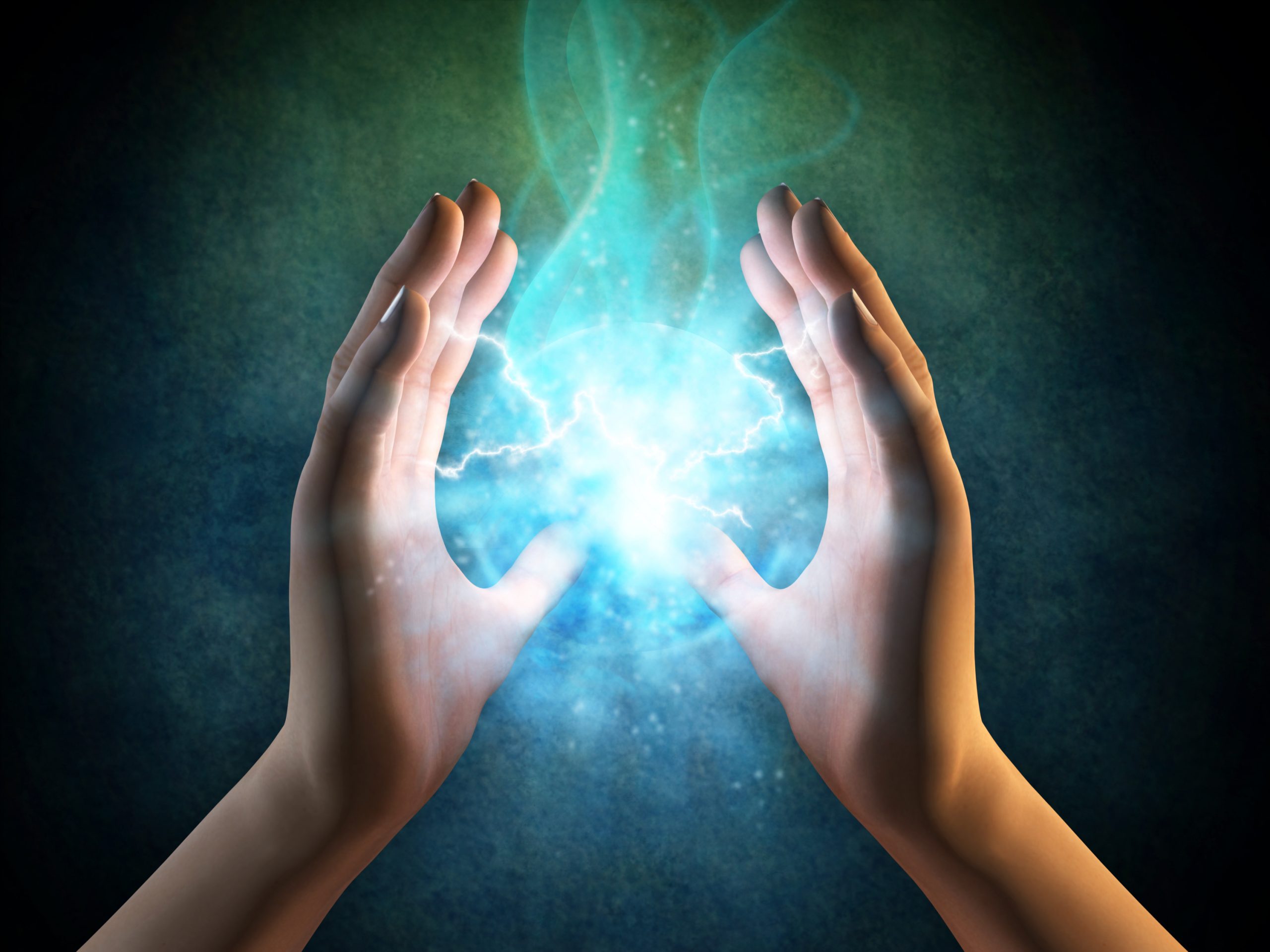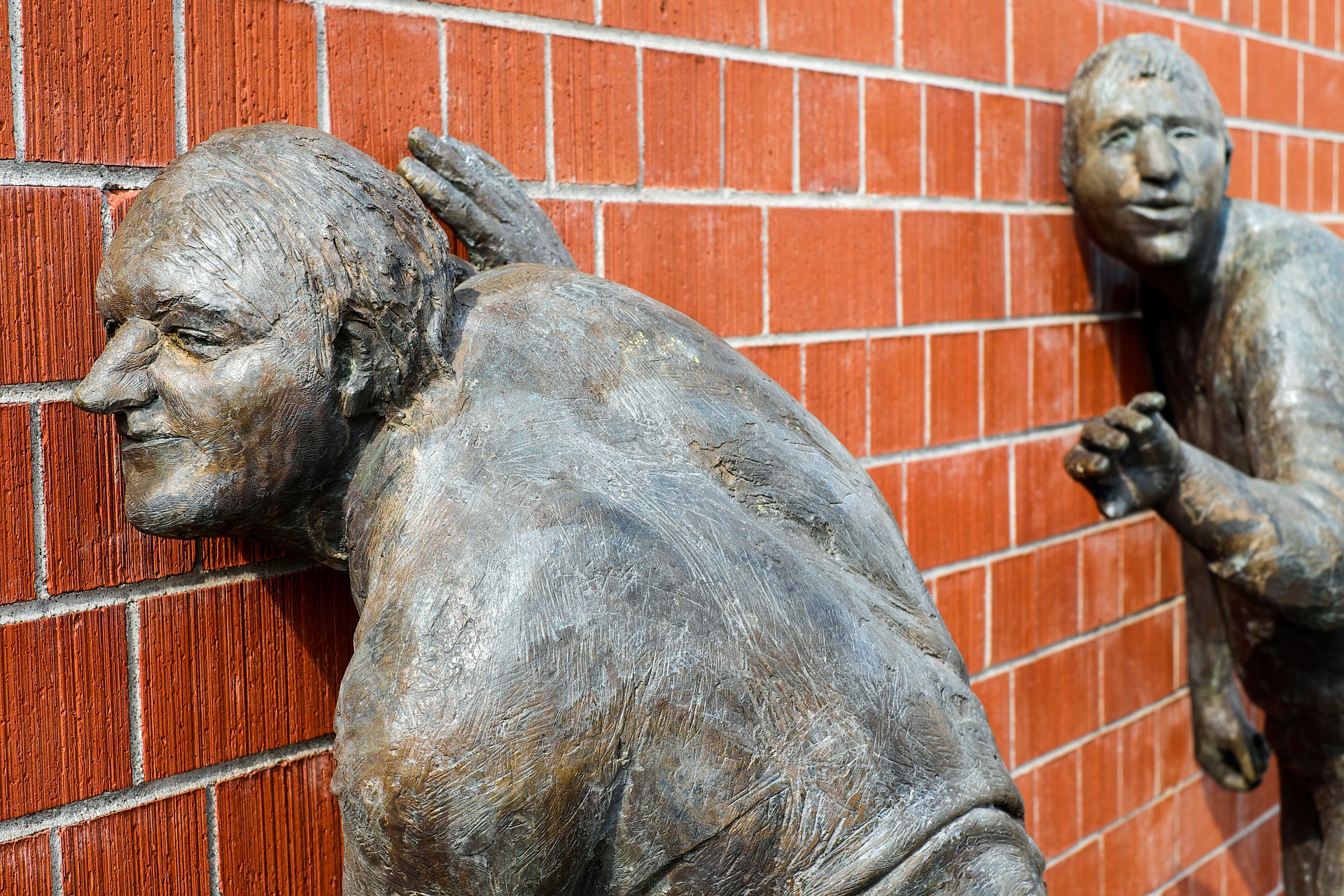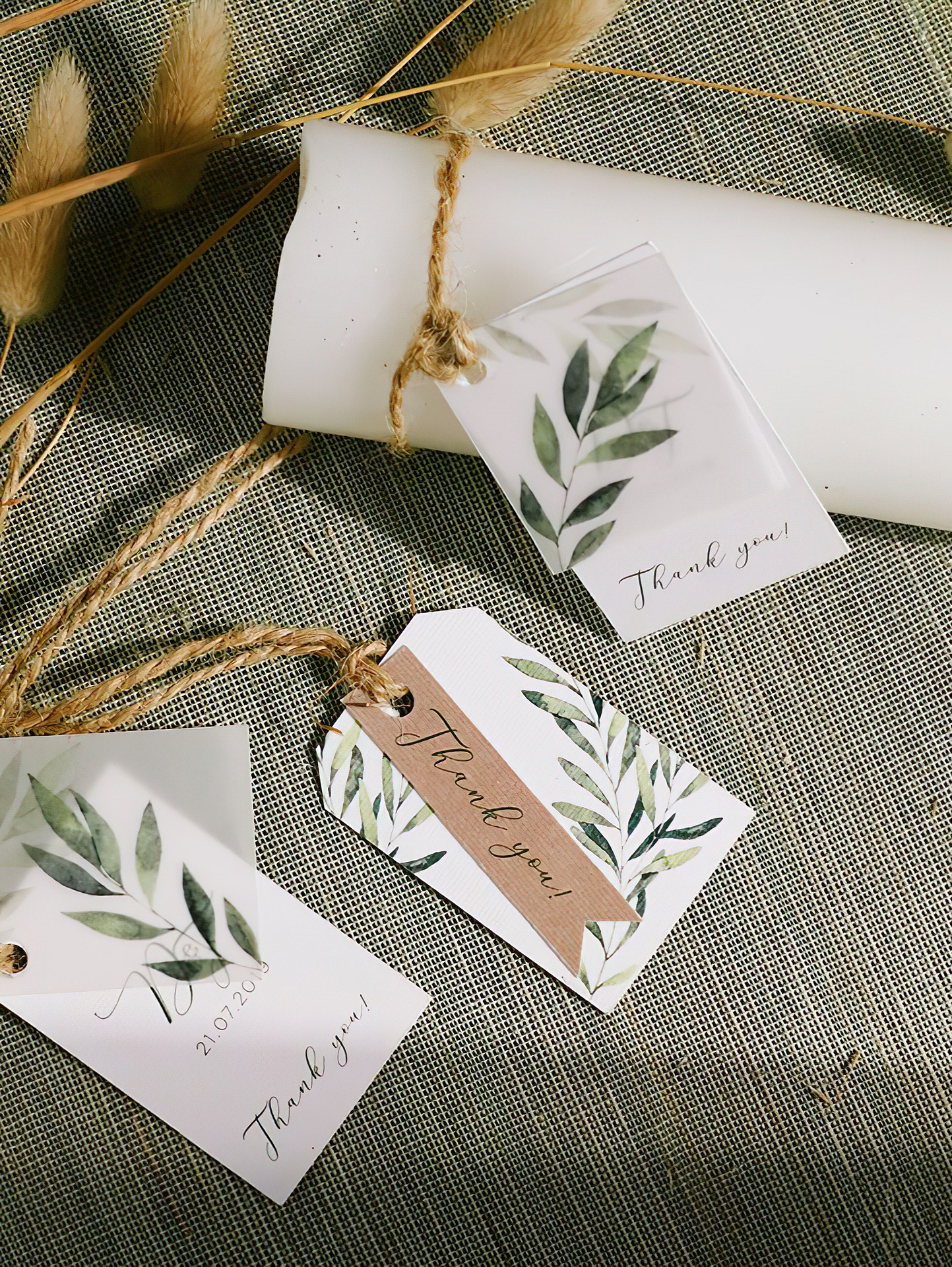Have you ever wondered if there is more to a flower than its appearance and fragrance? We do too! And so did Dr. Edward Bach, an English homeopath from the 1930s. He believed that illnesses were a result of disharmony between the body and mind, that they resulted from negative emotional states. He also believed that orthodox medicine was attentive to the body but negligent towards the mind. So he sought after alternative healing methods that could be developed naturally, using flowers.
And so came up Bach Flower Remedies – a system of 38 remedies, based on the healing properties found in the dew on the petals of specific flowers. These remedies are basically solutions of brandy and water – the water consisting of extreme dilutions of flower material. When consumed, these gently restore the balance between mind and body by putting out the negative emotions and welcoming peace and happiness.
To find these natural remedies, he followed his natural instinct as a healer. One by one, he found the remedies he wanted, each aimed at a particular mental state or emotion. His life followed a seasonal pattern just like the flowers on which the remedies were dependent – spring and summer was spent collecting the material required for treatment and winter was spent in treating people with these remedies.
Here is a list of the 38 flower remedies, as found on www.bachcentre.com, along with details of the mental states that they are supposed to help with.
Agrimony – mental torture behind a cheerful face
Aspen – fear of unknown things
Beech – intolerance
Centaury – the inability to say ‘no’
Cerato – lack of trust in one’s own decisions
Cherry Plum – fear of the mind giving way
Chestnut Bud – failure to learn from mistakes
Chicory – selfish, possessive love
Clematis – dreaming of the future without working in the present
Crab Apple – the cleansing remedy, also for self-hatred
Elm – overwhelmed by responsibility
Gentian – discouragement after a setback
Gorse – hopelessness and despair
Heather – self-centeredness and self-concern
Holly – hatred, envy and jealousy
Honeysuckle – living in the past
Hornbeam – tiredness at the thought of doing something
Impatiens – impatience
Larch – lack of confidence
Mimulus – fear of known things
Mustard – deep gloom for no reason
Oak – the plodder who keeps going past the point of exhaustion
Olive – exhaustion following mental or physical effort
Pine – guilt
Red Chestnut – over-concern for the welfare of loved ones
Rock Rose – terror and fright
Rock Water – self-denial, rigidity and self-repression
Scleranthus – inability to choose between alternatives
Star of Bethlehem – shock
Sweet Chestnut – extreme mental anguish, when everything has been tried and there is no light left
Vervain – over-enthusiasm
Vine – dominance and inflexibility
Walnut – protection from change and unwanted influences
Water Violet – quiet self-reliance leading to isolation
White Chestnut – unwanted thoughts and mental arguments
Wild Oat – uncertainty over one’s direction in life
Wild Rose – drifting, resignation, apathy
Willow – self-pity and resentment
These 38 flower remedies heal you gently and restore the balance in you. To find out which remedy works best for you, call us to book a session with our Master Healer at Happy Ho, Dr. Nonah Khanna!





